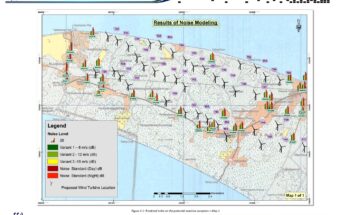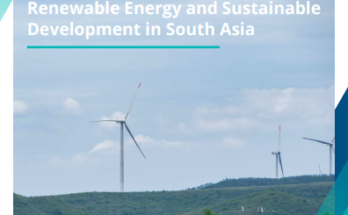On June 4th 2020 researchers from Yale and Columbia universities released the Environmental Performance Index for the year 2020. The index rank 180 countries on 32 performance indicators across 11 issue categories covering environmental health and ecosystem vitality and considered as the premier metrics framework for global environmental policy analysis. According to the data published Sri Lanka is ranked 109th out of 180 countries in the EPI 2020. Overall EPI score for Sri Lanka is 39 out of 100 which shows how bad our performances were in environmental health and ecosystem vitality issues.
Main indictors considered in EPI are grouped under two main categories as health and ecosystem vitality. Under Health category performance indicators are grouped under following categories,
- Air Quality
- Sanitation & Drinking Water
- Heavy Metals
- Waste Management
And following indicators are grouped under Ecosystem Vitality,
- Biodiversity
- Ecosystem Services
- Fisheries
- Climate Change
- Pollution Emissions
- Agriculture
- Water Resources
.svg)
Sri Lankas performance in each of the above categories according to the EPI 2020 data are given below,

According to the above figures, Sri Lankas’ worst performances had been recorded in indictors that comes under climate change, those indicators mainly include Greenhouse gas emission rates which are considered critical in climate change. In Climate change indicators Sri Lanka is ranked 153rd among 180 countries.
Apart from waste management Sri Lanka have done somewhat better in indicators that comes under environmental health compared to other countries in the region. The best performance Sri Lanka has shown as a country comes from the “Heavy Metal exposure” in which Sri Lanka is ranked 36th.
Sri Lanka have done better in the South Asian region, but are we in a position to celebrate?
The table below shows how Sri Lanka have performed in EPI 2020 compared to other countries in the region.

According to the table many countries in the region have lower ranks in EPI 2020. Only Bhutan can be seen ranked ahead of Sri Lanka with an EPI index of 39.3 while countries like Pakistan, India, Bangladesh seen ranked well below Sri Lanka. So, these low EPI scores suggest a need for national sustainability efforts on a number of fronts, including air and water pollution, biodiversity protection, and the transition to a clean energy future within the South Asian region.
Specially, India, with notably poor health outcomes from air quality and other environmental risks, comes in near the bottom of the rankings. Air quality also continues to plague China, although its recent pollution control and other environmental investments have helped it climb to 120 th place, 48 places ahead of India 168 th ranking.
Denmark, #1
In EPI 2020, Denmark is ranked first reflecting its’ strong performance across nearly all issues tracked by the EPI. Other nations in the top tier include Luxembourg, Switzerland, the United Kingdom, and France.
Denmark excels in almost every indicator of environmental health, having long made significant commitments to air quality, advanced sanitation, and safe drinking water. The highest-ranked country also stands out in solid waste management, with virtually all of the waste being recycled, composted, or incinerated. In addition, Denmark leads the world in the breadth and depth of its programs to tackle climate change, including a recently announced target of cutting its greenhouse gas emissions by 70% by 2030.
Environmental Performance Index is published biennially by the Center for Environmental Law & Policy of Yale University with the help of Columbia Center for International Earth Science Information Network of Columbia University. The work is funded by McCall-MacBain Foundation.




